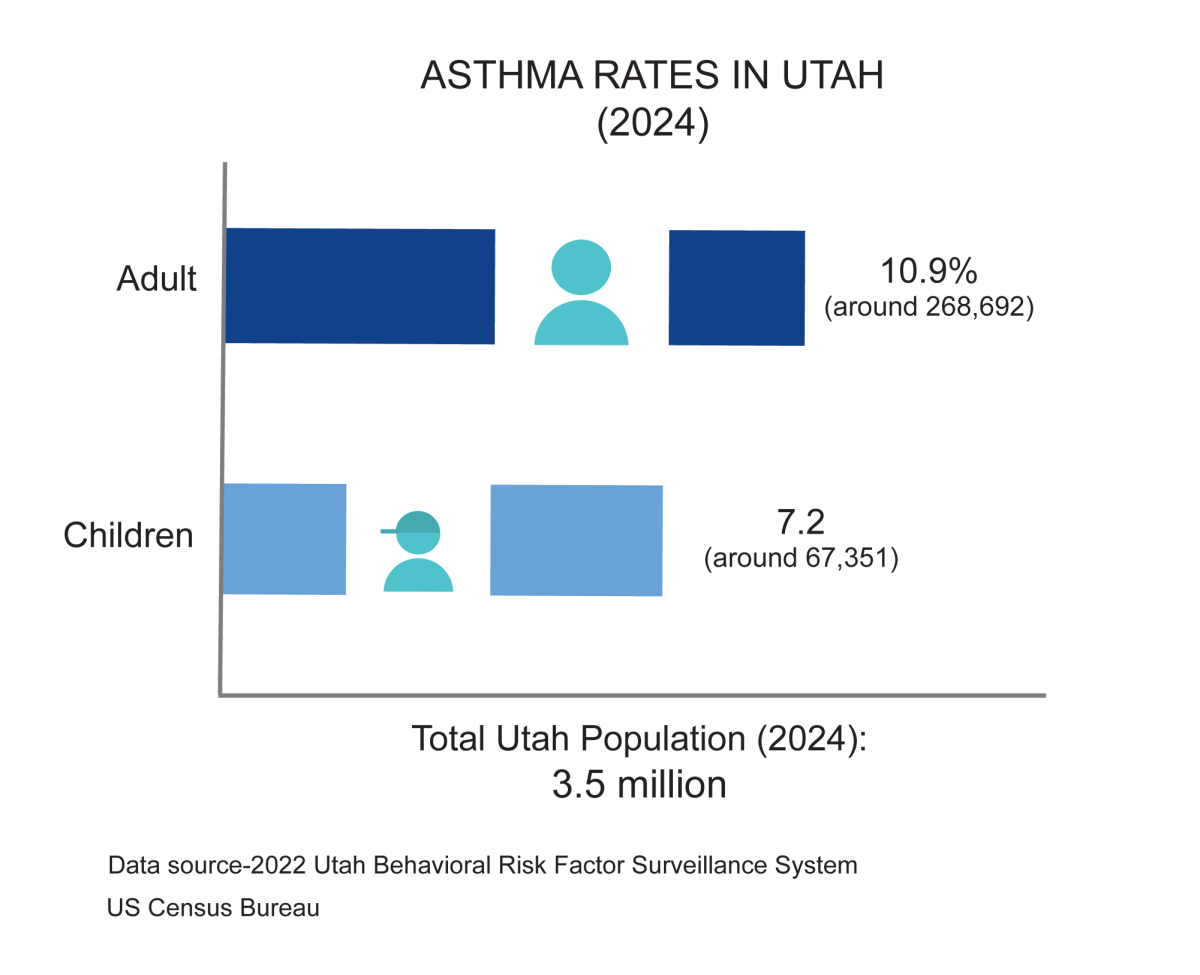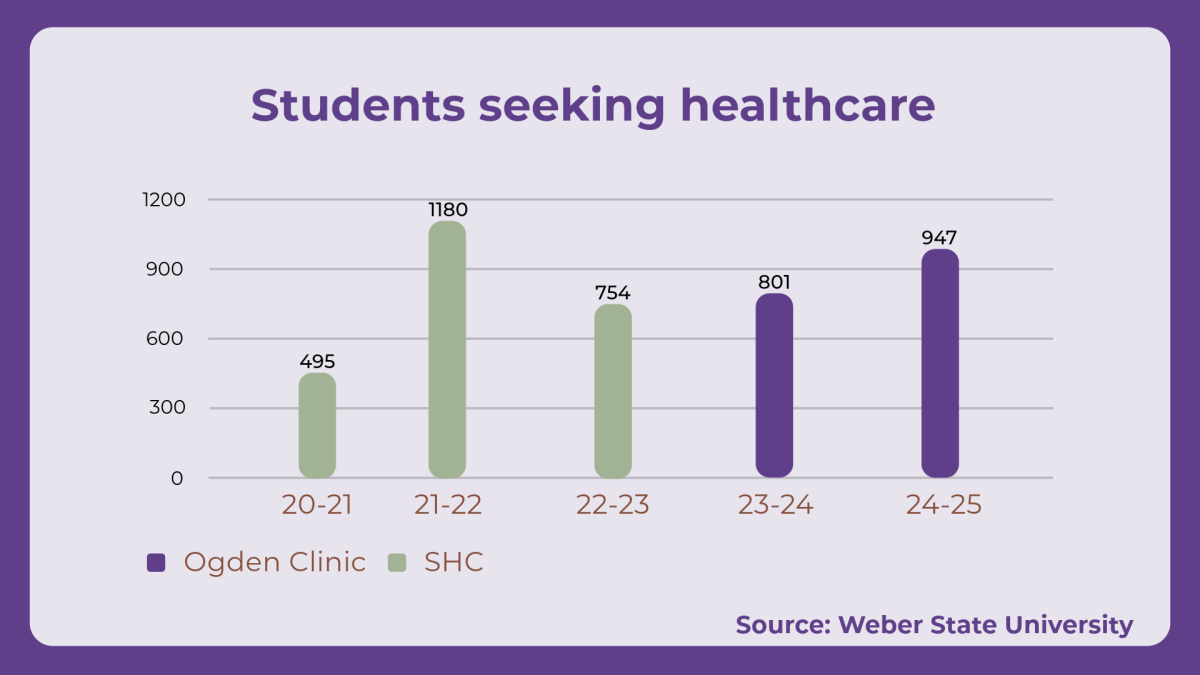
Most people have experienced the frustration of misplacing their keys, forgetting an appointment or having to ask the date when writing out a check. Although these experiences can be frustrating for the average person, they aren’t very common.
Usually we remember right away where we left our keys, or we can make it to the appointment just in time. The story is quite different for those with Alzheimer’s. For those affected, this sort of thing happens daily and affects their ability to function properly.
Alzheimer’s is the most common type of dementia. According to the Center for Disease Control and Prevention (CDC), Alzheimer’s is a disease that causes the decline of memory, thinking and reasoning skills.
The CDC also makes note that although this disease primarily affects those over 65, it is possible, but rare, to see someone younger diagnosed.
According to the Alzheimer’s Association there are five million Americans living with this disease, and it is the sixth leading cause of death in the United States.
Memory loss can be hard to notice in someone, especially when you are close to them. It becomes a situation of not being able to step back and see the bigger picture.
The Alzheimer’s Association website gives a complete list of 10 common warning signs. Here are six warning signs of Alzheimer’s disease that, if recognized early, may allow you to get your loved one into treatment sooner.
1) Withdrawal from work, social activities or loved ones – Alzheimer’s affects memory, so the individual may start to experience memory loss, like forgetting how to play their favorite game or they may forget to check on their favorite sports team. This can leave an individual feeling discouraged, or out of the loop, causing them to withdraw.
2) Forgetfulness – Those experiencing chronic forgetfulness may need to see a doctor. It is common for people to forget more as they age, but if they are constantly forgetting important dates and misplacing items it can become a serious problem.
3) Difficulty communicating – Another early symptom is that the person may not be able to find the right words or communicate an idea. They may have trouble speaking in a large groups because there is too much stimulation, making it hard for them to focus.
4) Changes in mood – Mood swings that seem to come out of nowhere can be an indication that something is wrong. Changes in mood can come with many other diseases as well. Therefore it is important to remember to look for other symptoms with the mood swings.
5) Poor decision making skills – Since cognitive ability is in decline during Alzheimer’s someone who is suffering from it may experience poor decision-making skills. This can mean anything from making unsafe decisions while driving, to dealing with large sums of money.
6) Time and place confusion – Those experiencing Alzheimer’s can have difficulty knowing what day and year it is, causing them to live in the past when someone speaks to them. They may think they are a young child and will not remember anything past that point in their lives.
Don’t panic if your loved one is showing more than one or two signs. These same symptoms can come mildly with aging.
The important thing is to remember to pay attention and, if your loved one is showing multiple signs, take them to the doctor for an exam as soon as possible.
For more information on Alzheimer’s visit the Alzheimer’s Association and the Center for Disease Control and Prevention‘s websites.







